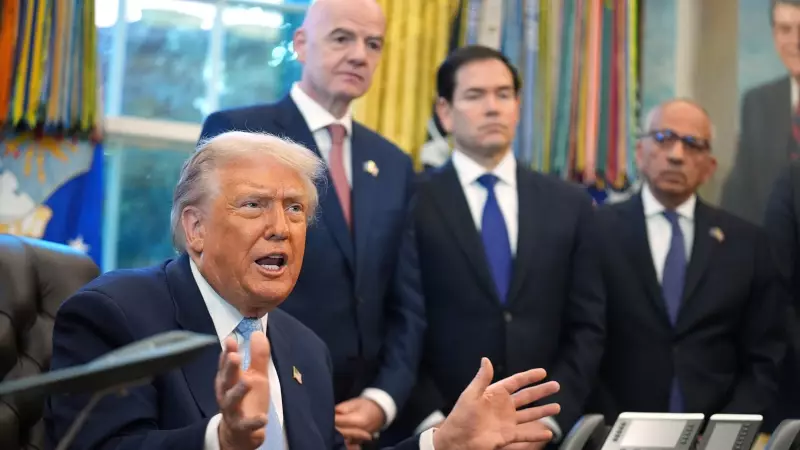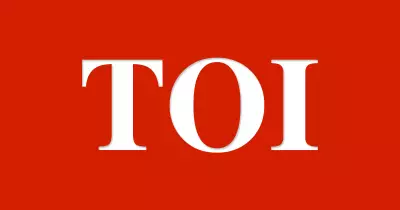
Former US President Donald Trump has indicated he might be open to discussions with Venezuelan leader Nicolás Maduro if he returns to the White House, while simultaneously ruling out American military involvement in the South American nation.
Trump's Surprising Stance on Venezuela
During an exclusive interview with Time magazine, the Republican presidential candidate revealed his unexpected position on the ongoing Venezuela crisis. Trump explicitly stated he would not deploy US troops to Venezuela, marking a significant departure from his previous administration's aggressive stance toward the Maduro government.
The former president acknowledged having previously considered military action against Venezuela, but emphasized that he ultimately rejected such options. "I was very tough on Venezuela," Trump told the publication, referencing the economic sanctions and diplomatic pressure his administration imposed on Caracas.
Potential Dialogue with Maduro
In a remarkable shift, Trump hinted at the possibility of direct engagement with the Venezuelan leader he once sought to oust. When questioned about whether he would engage with Maduro, Trump responded, "It would depend. I would have to see."
This potential openness to dialogue represents a significant development in US-Venezuela relations, which have been severely strained for years. The Trump administration had previously recognized opposition leader Juan Guaidó as Venezuela's legitimate president and implemented stringent economic sanctions aimed at forcing Maduro from power.
Context of Venezuela's Political Crisis
The statements come amid Venezuela's continuing political and economic turmoil. The country has faced severe hyperinflation, widespread shortages of basic necessities, and a massive exodus of citizens fleeing economic hardship.
Recent developments have seen the Maduro government and opposition figures engaging in negotiations, resulting in agreements for monitored presidential elections scheduled for later this year. The United States has responded by easing some oil sanctions in recognition of these democratic advances, while maintaining other restrictions.
The upcoming Venezuelan presidential elections present a critical juncture for the nation's future, with the potential to either deepen the crisis or provide a path toward resolution. Trump's comments suggest a possible recalibration of US approach toward Venezuela should he win the November presidential election.
This evolving stance on Venezuela reflects broader patterns in Trump's foreign policy philosophy, which often emphasizes direct engagement with traditional adversaries while avoiding military entanglements. The approach marks a contrast with the more conventional diplomatic strategies typically pursued by US administrations.





